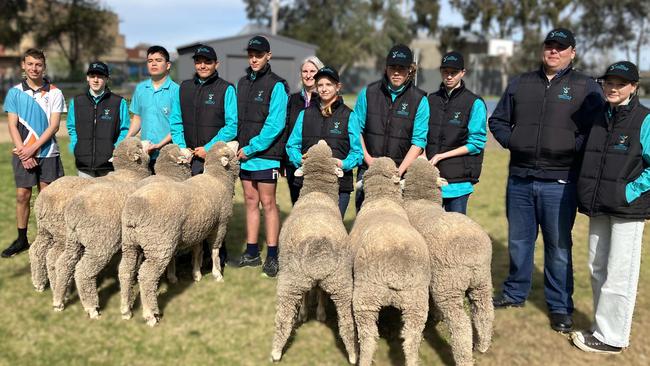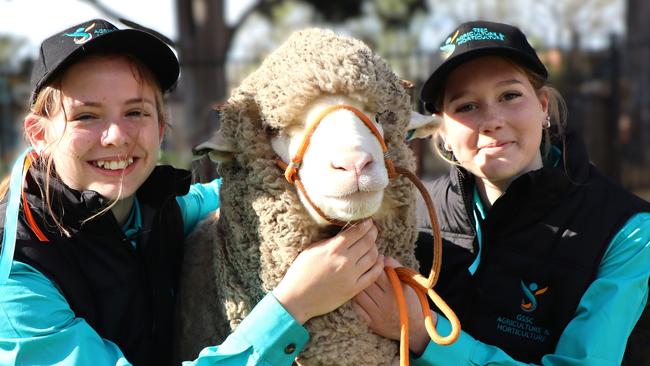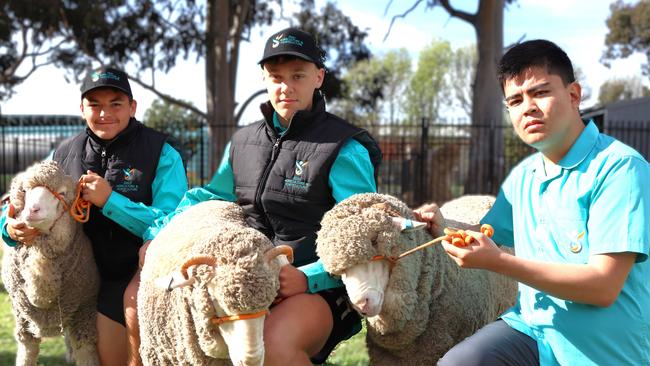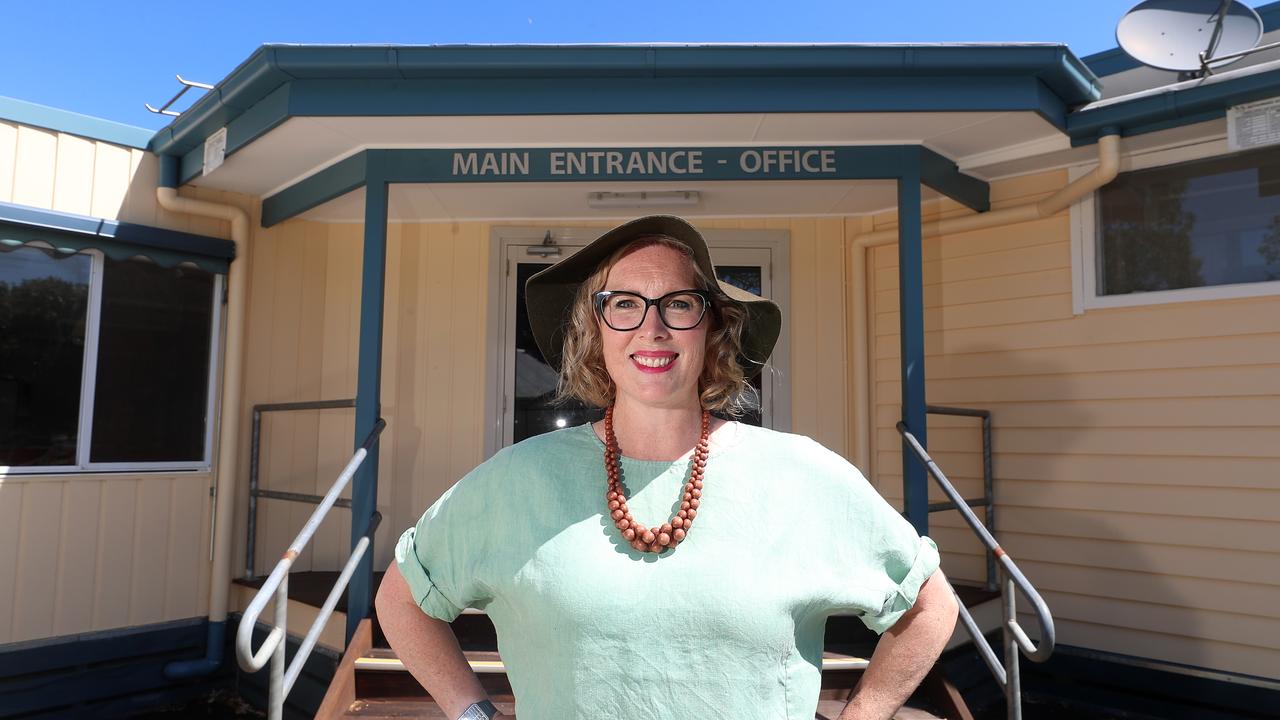Greater Shepparton Secondary College students benefit from program on sheep management
A Shepparton school has been involved in the School Merino Wether Challenge for the first time, bringing both direct and indirect benefits to students.

School students in Victoria are for the first time participating in a hands-on sheep management program through the School Merino Wether Challenge.
And it has already benefited students at one of the participating schools, Greater Shepparton Secondary College.
GSSC Agriculture and Horticulture teacher Charlotte Drinnan said there have been so many benefits, some more direct and obvious than others.
She said some of the direct benefits were an increase in enrolments to the agriculture electives and more engagement in agriculture.
“Some of the indirect benefits include every student is exposed to the sheep because they can see them without having to be in a class and students with additional needs, when they need time out, can spend time with the sheep or chooks. So there are some real wellbeing benefits,” Charlotte said.
The Merino Wether challenge was first started 14 years ago in South Australia, with NSW, Tasmania and Queensland schools added, with 2024 marking the first year Victorian schools are taking part.

The Victorian Merino Wether Challenge is an initiative of the Australian Sheep Breeders Association and Australian Wool Innovation, with the aim to educate high school students about the commercial production of Merino sheep and expose them to opportunities and careers in the sheep and wool industry.
GSSC is one of 11 Victorian schools participating in the program, with each school provided six Merino wethers, all from the same stud.
And during the six months of the program the challenge is for each school to produce the meatiest animals with the best quality wool by applying best practice animal husbandry and nutrition.
AWI Victorian Schools Merino Wether Challenge co-ordinator Lachie West said the challenge included about 120 students, 20 teachers and 40 farmers and industry representatives.
“The point of the program is to show kids what’s involved in sheep and wool, and highlight lots of different careers they can go into in the agricultural industry,” he said.

The challenge, and learning resources, have been incorporated into GSSC year 10 agriculture studies, while year 9 agriculture students and year 11 VCE agriculture students have also benefited.
This week the GSSC students will join teams from the other participating Victorian schools in the judging competition at Clunes, where the 66 sheep from all the schools will be tested for carcass value and the length and quality of wool.
At the conclusion of judging, the sheep will be processed at an abattoir, with proceeds covering program delivery.
Charlotte said they were appreciative of staff, local farmers, community members and local businesses who have volunteered time and contributed feed and other goods to support the program.





